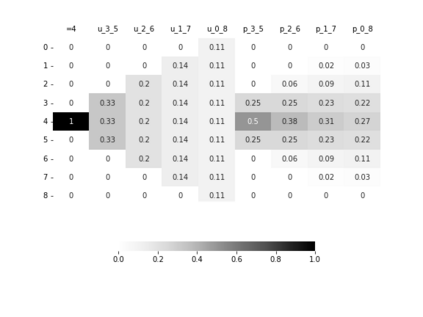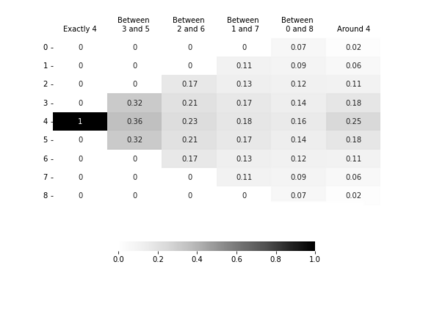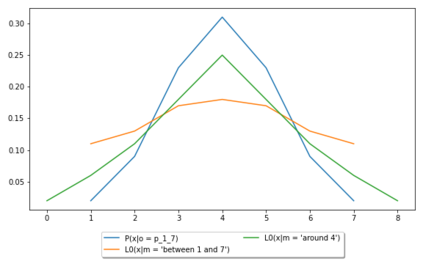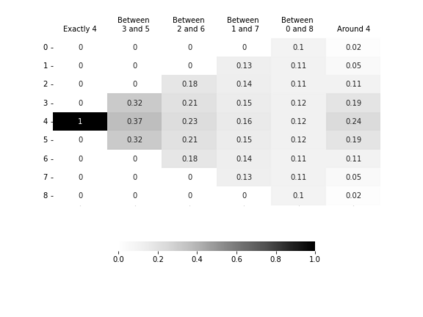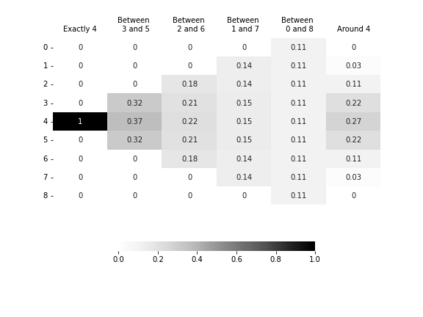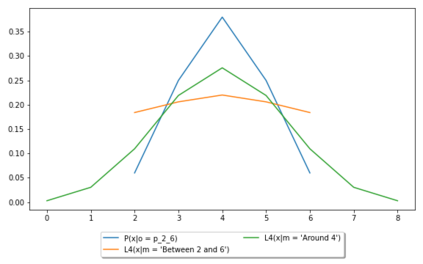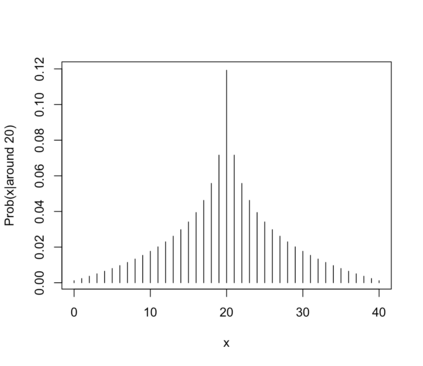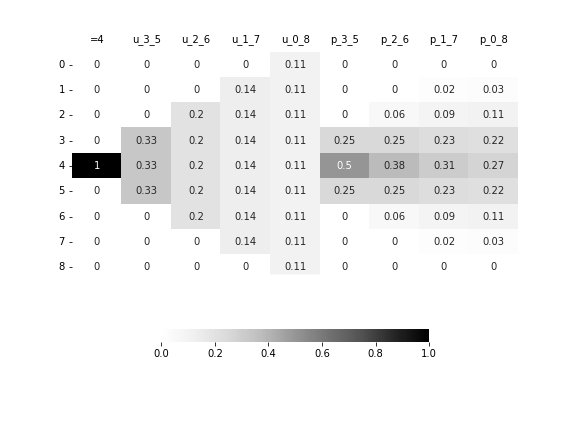Why is ordinary language vague? We argue that in contexts in which a cooperative speaker is not perfectly informed about the world, the use of vague expressions can offer an optimal tradeoff between truthfulness (Gricean Quality) and informativeness (Gricean Quantity). Focusing on expressions of approximation such as "around", which are semantically vague, we show that they allow the speaker to convey indirect probabilistic information, in a way that can give the listener a more accurate representation of the information available to the speaker than any more precise expression would (intervals of the form "between"). That is, vague sentences can be more informative than their precise counterparts. We give a probabilistic treatment of the interpretation of "around", and offer a model for the interpretation and use of "around"-statements within the Rational Speech Act (RSA) framework. In our account the shape of the speaker's distribution matters in ways not predicted by the Lexical Uncertainty model standardly used in the RSA framework for vague predicates. We use our approach to draw further lessons concerning the semantic flexibility of vague expressions and their irreducibility to more precise meanings.
翻译:为什么普通语言模糊?我们争辩说,在合作演讲者对世界不完全知情的情况下,使用模糊的表达方式可以在真实性(Grica Quality)和信息性(Grica Quite)之间提供最佳的权衡。我们注重“替代”等近似表达方式,这种表达方式在语义上是模糊的,我们表明,这些表达方式允许演讲者间接传递概率性信息,使听众能够更准确地描述向演讲者提供的信息,而不是任何更精确的表达方式(“介于”形式之间的对等)。这就是说,模糊的句子可能比确切的对应词更具有信息性。我们对“替代”的解释进行概率化处理,并在理性演讲法(RSA)框架内提供一个解释和使用“替代”声明的模式。在我们看来,发言者分发事项的形状,其方式不是在RSA框架中标准地用于模糊的上游的词汇的词汇性不确定模型所预测。我们用的方法进一步吸取了有关模糊表达方式的语义性灵活性及其不精确含义的教训。

